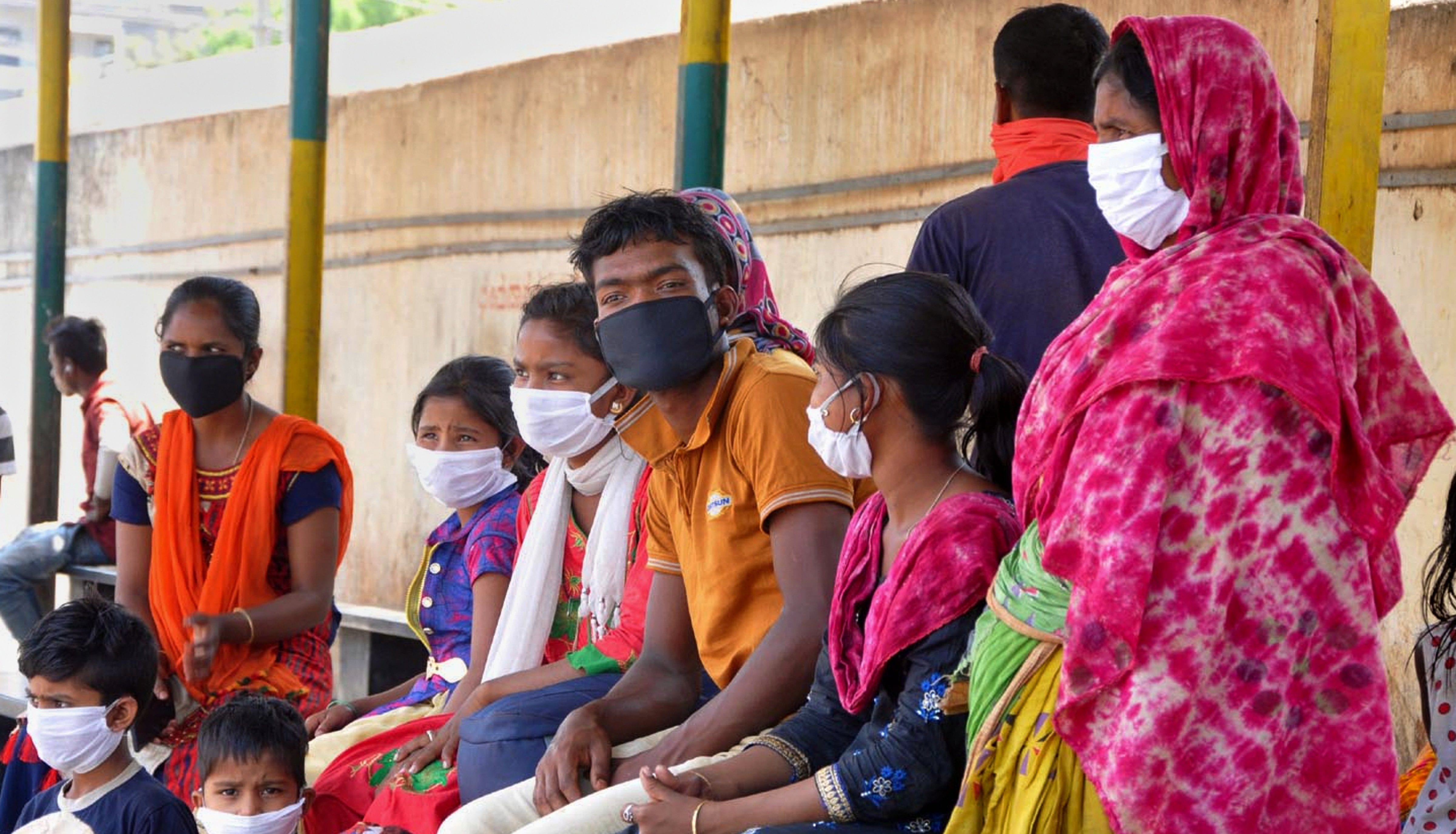
COVID-19 key points: From Modi's Monday plan to Kerala's rapid tests

India, on Monday (March 30), entered the sixth day of the 21-day nationwide lockdown with 1,024 COVID-19 cases. As of now, the pandemic has claimed 27 lives and 95 people have been cured, data released by the Union Health Ministry shows. As India tries to flatten the COVID-19 curve, here’s what you need to know today.
Modi’s Monday plan
Prime Minister Narendra Modi is scheduled tKeralo hold interactions with non-governmental organisations (NGOs) and heads of Indian missions to seek feedback on the Covid-19 measures. The heads of missions will include those countries most affected by the pandemic like the US, Spain, and Italy. On Sunday (March 29), Modi addressed the nation through his monthly radio programme Mann ki Baat where he apologised of the inconvenience caused by the lockdown.
Status of the states
As India crosses 1000-mark, Maharashtra and Kerala continue to be the most-affected COVID-19 affected states in the country crossing 200 COVID-19 cases each on Sunday. Kerala Chief Minister Pinarayi Vijayan on Sunday said that the state will begin a pilot project of rapid tests that will help detect the virus quickly and curb its spread effectively. The Indian Council of Medical Research (ICMR) has approved the project.
Delhi too witnessed a steep rise in the cases with 23 new infections taking the national capital’s tally to 72 from 49. Delhi Chief Minister Arvind Kejriwal urged migrants not to leave the city and that their plights will be addressed.
Plan for Migrant and daily wage workers
With the migrant workers most affected from the ongoing 21-day lockdown, the Centre has said that states have enough funds to look after the migrant workers and ensure required assistance. The government on Sunday also said that those migrant workers and daily wage earners who during the lockdown will be quarantined at government facilities for at least 14 days.
In addition to this, all goods along with essential commodities will be allowed to move across states, giving a breather to the hundreds of trucks held up since last week.
Research organisations come forward
India’s top research organisations like the National Institute of Immunology in Delhi will be researching about the virus that has travelled across countries. This is to check whether it has changed its form. As reported by Hindustan Times, the Indian Council of Medical Research’s National Institute of Virology has already isolated the strains of SARS-CoV-2 from three infected persons who travelled from Wuhan and found it to be very similar the virus isolated in Wuhan.
(With inputs from agencies)

